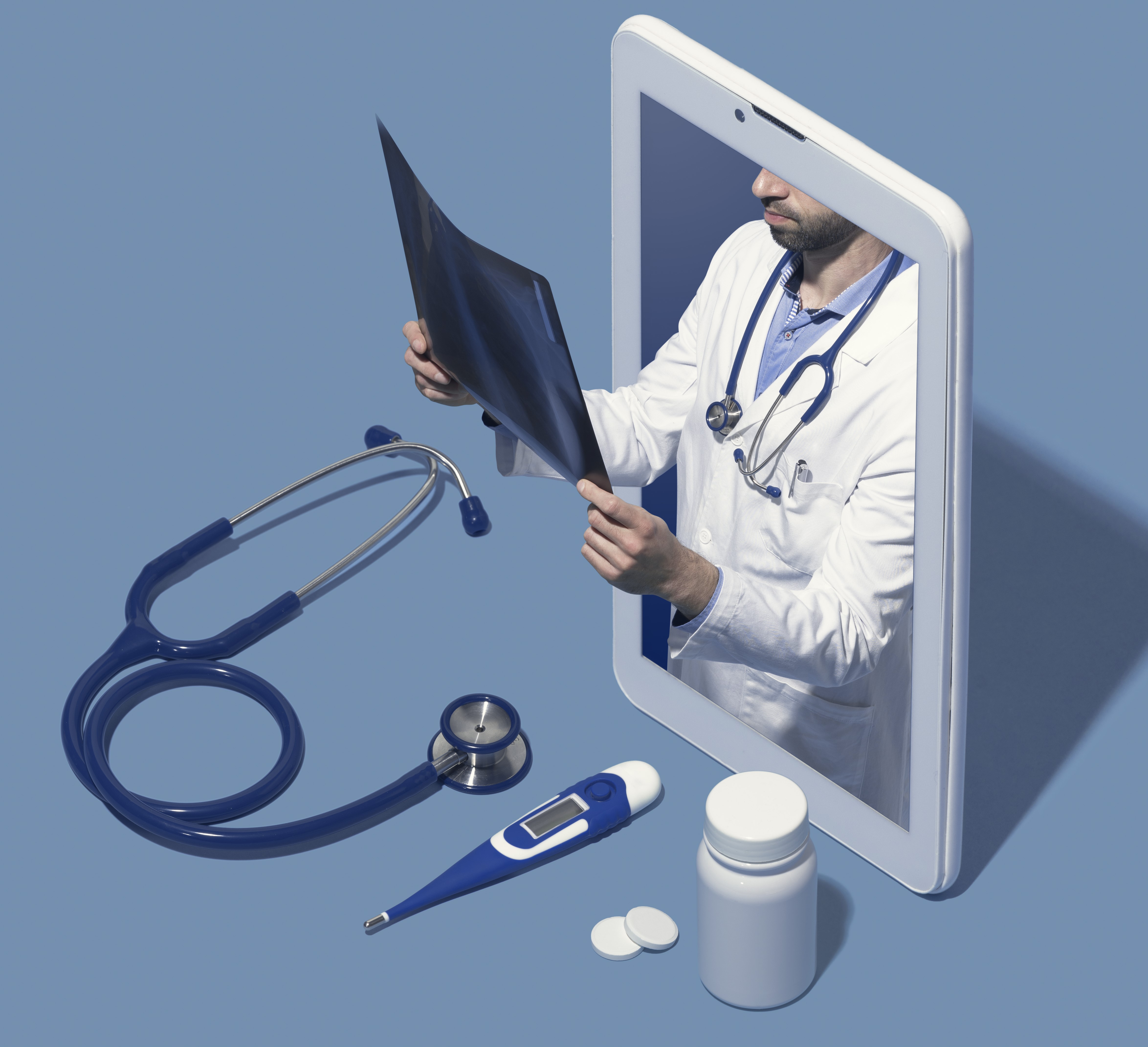Boston medical device startup Cre8MDI is automating an old technique with the hope of giving doctors another inexpensive tool they could use in-office to help predict, detect and monitor heart disease.
The metric Cre8MDI is capturing with its sensor device is arterial stiffness. Over the last decade and a half, a growing body of literature has supported its value as a predictor of heart disease, stroke and heart attack.
“It’s been studied for more than 100 years, but we haven’t really seen much because the technology hasn’t been there,” said founder David Cassidy.

With the Rise of AI, What IP Disputes in Healthcare Are Likely to Emerge?
Munck Wilson Mandala Partner Greg Howison shared his perspective on some of the legal ramifications around AI, IP, connected devices and the data they generate, in response to emailed questions.
The use of pulse wave velocity to see how stiff a patient’s arteries have become isn’t new; it’s actually the gold standard for measuring it. But the startup thinks it can measure pulse wave velocity in a simpler, cheaper way that would enable primary care physicians to take a patient’s reading just as easily as they would take his blood pressure.
Current methods on the market use expensive machinery, precisely placed ECG probes or cuffs that must be placed around the wrists, ankles or neck, Cassidy said. The system he’s developed comprises disposable electrodes that attach to two wireless, battery-powered sensors about the size of an egg. One is placed on the carotid artery and the other on the femoral artery, and a small electrical current is passed through the skin.
A wall-mounted unit displays the pulse wave velocity reading – the relationship between the stiffness of the arteries and the time it takes for a pulse to travel down it. The whole thing takes less than two minutes, and Cre8MDI expects it to cost less than $2 per test.
Cassidy spent 15 years designing and building medical devices for Belmont Instrument Corporation before venturing out on his own to form Enginivity LLC. The medical device startup, which made a small IV fluid warmer, sold to Vital Signs Inc. In 2007. (Vital Signs was later acquired by GE Healthcare and then sold to CareFusion last year).
Along with the same team that built the Enginivity device and a team of doctors at Johns Hopkins University, Cassidy has spent the last two years creating and testing prototypes of the arterial stiffness assessment device, which he said has a number of potential applications, from use in primary care to use in the operating room to assess the risk of surgery.
A small group of angel investors has gotten the company this far he said, but it will need funding as it works toward clearance as a Class 2 medical device. There are also exciting opportunities for the device in Europe and BRIC nations, Cassidy said.
To get the ball rolling, its launched a Medstartr campaign that runs through May 3.
[Image credit: Cre8MDI]














